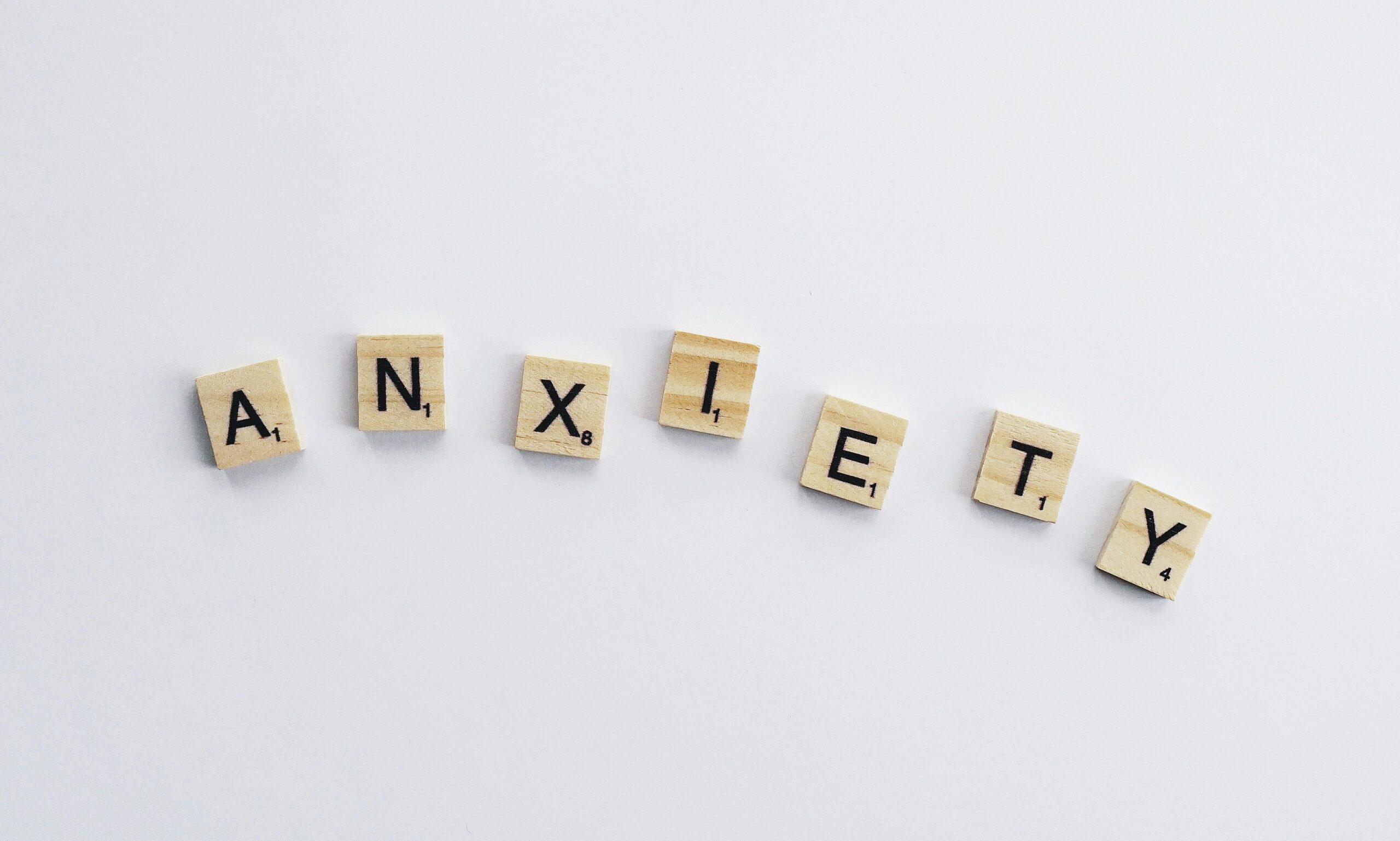Anxiety is a natural response to stress, but when it becomes persistent or overwhelming, it can disrupt daily life and impact overall well-being. Recognizing the signs of anxiety and understanding how to manage it are essential steps for maintaining mental health. Anxiety often manifests as a feeling of unease, worry, or fear about an impending event or an uncertain outcome. While occasional anxiety is a normal part of life, chronic anxiety may lead to mental health disorders such as Generalized Anxiety Disorder (GAD), panic disorder, or social anxiety disorder. Early recognition and intervention can significantly improve one’s quality of life.
The symptoms of anxiety can vary widely but often include persistent feelings of worry or fear, restlessness, difficulty concentrating, a rapid heartbeat, muscle tension, and fatigue. Sleep disturbances, such as insomnia, are also common, as is the tendency to avoid situations that might trigger anxious feelings. Identifying these symptoms in yourself or others requires mindfulness and self-awareness. It is also helpful to listen to feedback from friends or family who may notice changes in behavior that are indicative of anxiety.
Dealing with anxiety involves a combination of strategies that address both the mind and body. Regular mindfulness practices, such as meditation, can help ground individuals in the present moment and reduce anxious thoughts. Physical activity, even something as simple as a daily walk, releases endorphins that improve mood and lower stress levels. Establishing a consistent routine—with regular meal times, sleep schedules, and designated periods for relaxation—can create a sense of stability that counteracts the chaos often associated with anxiety.
Social connections also play a crucial role in managing anxiety. Sharing your feelings with trusted friends or family members can provide relief and a fresh perspective. Support groups, whether in-person or online, can connect individuals with others who share similar challenges, fostering a sense of community and understanding. For those seeking more personalized support, therapy offers tailored strategies to manage anxiety. Cognitive Behavioral Therapy (CBT), in particular, has proven to be highly effective in addressing anxiety disorders by helping individuals reframe negative thought patterns and develop coping mechanisms.
Recommended Books for Understanding and Managing Anxiety
Educating yourself about anxiety is a critical step in managing it. Several books provide practical tools and deeper understanding:
- “The Anxiety and Phobia Workbook” by Edmund J. Bourne
- “Dare: The New Way to End Anxiety and Stop Panic Attacks” by Barry McDonagh
- “Anxiety: The Missing Stage of Grief” by Claire Bidwell Smith
- “Rewire Your Anxious Brain” by Catherine M. Pittman and Elizabeth M. Karle
Each of these titles offers unique insights and practical strategies for dealing with anxiety in everyday life.
Online Resources for Anxiety Support
In addition to books and therapy, numerous online resources provide valuable information and support:
- Anxiety and Depression Association of America (ADAA): Comprehensive resources for understanding and managing anxiety.
- Mind: A UK-based organization offering advice and support for mental health challenges.
- Calm Clinic: An educational platform that explains anxiety symptoms and provides actionable tips for relief.
Final Thoughts
Recognizing and managing anxiety is an ongoing process, but with the right tools, support, and strategies, it is possible to regain control over your mental health. Whether through mindfulness, exercise, professional therapy, or self-education, every small step counts. Start today by exploring the resources and books mentioned in this blog, and remember that reaching out for help is a sign of strength, not weakness. Together, these strategies can pave the way to a calmer, more balanced life.




